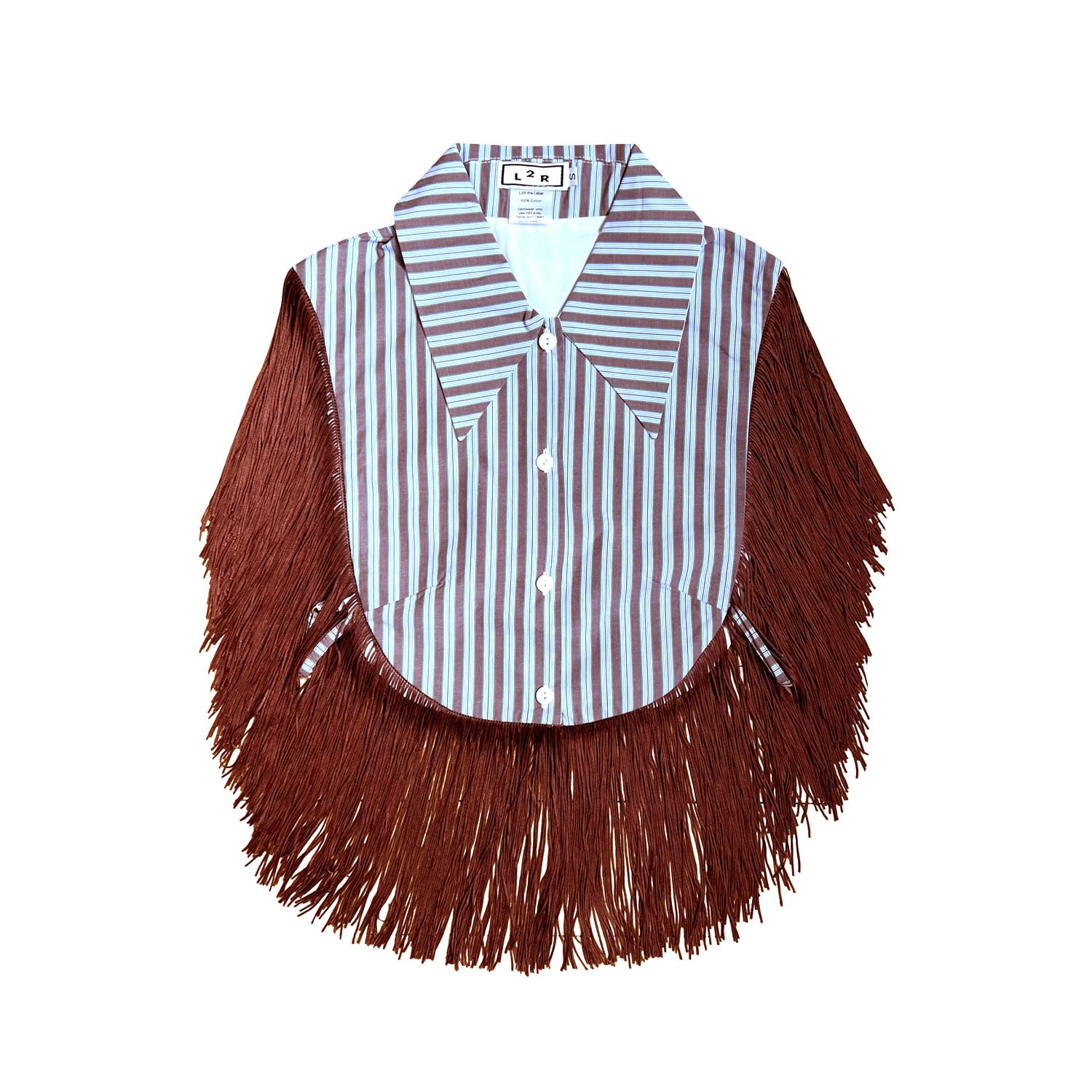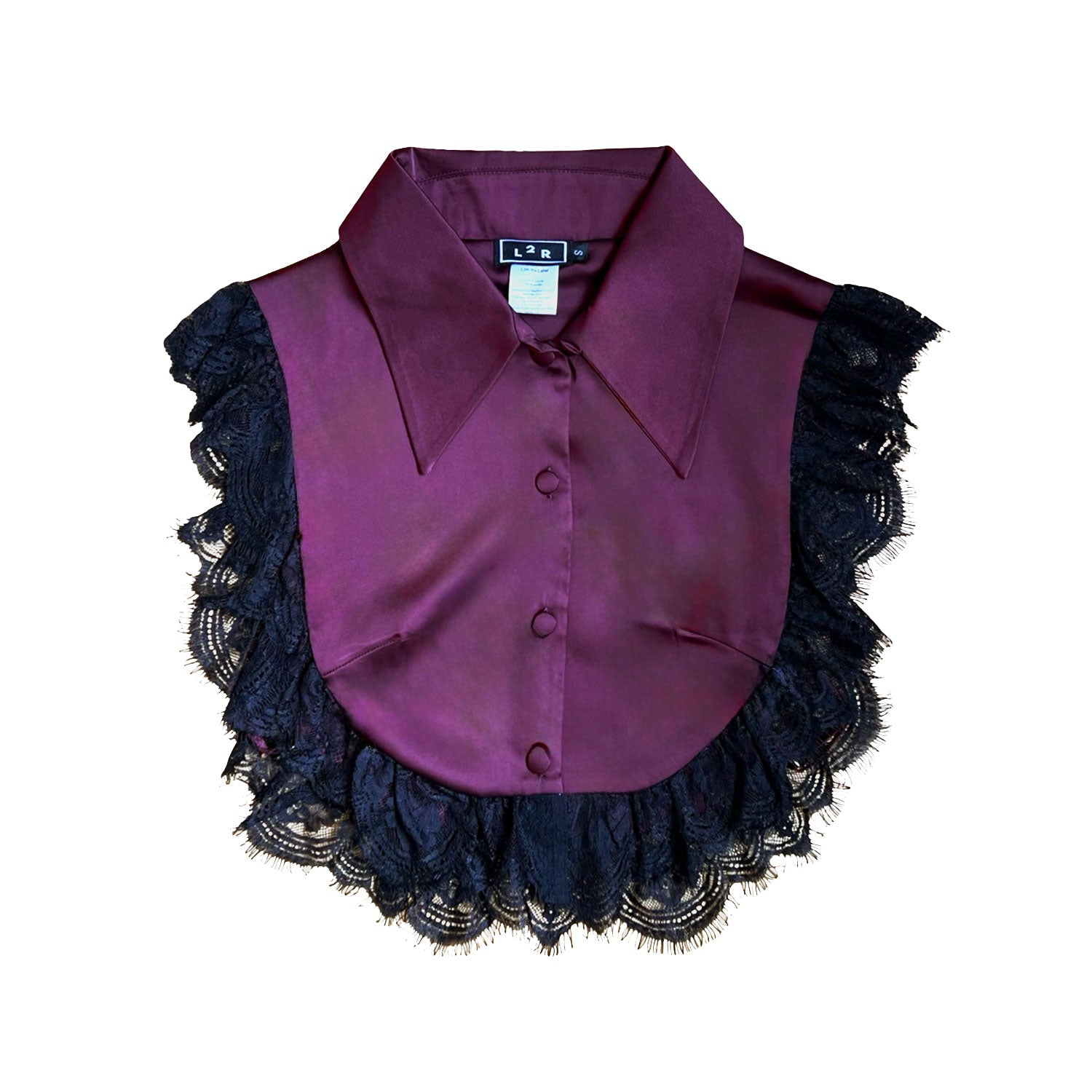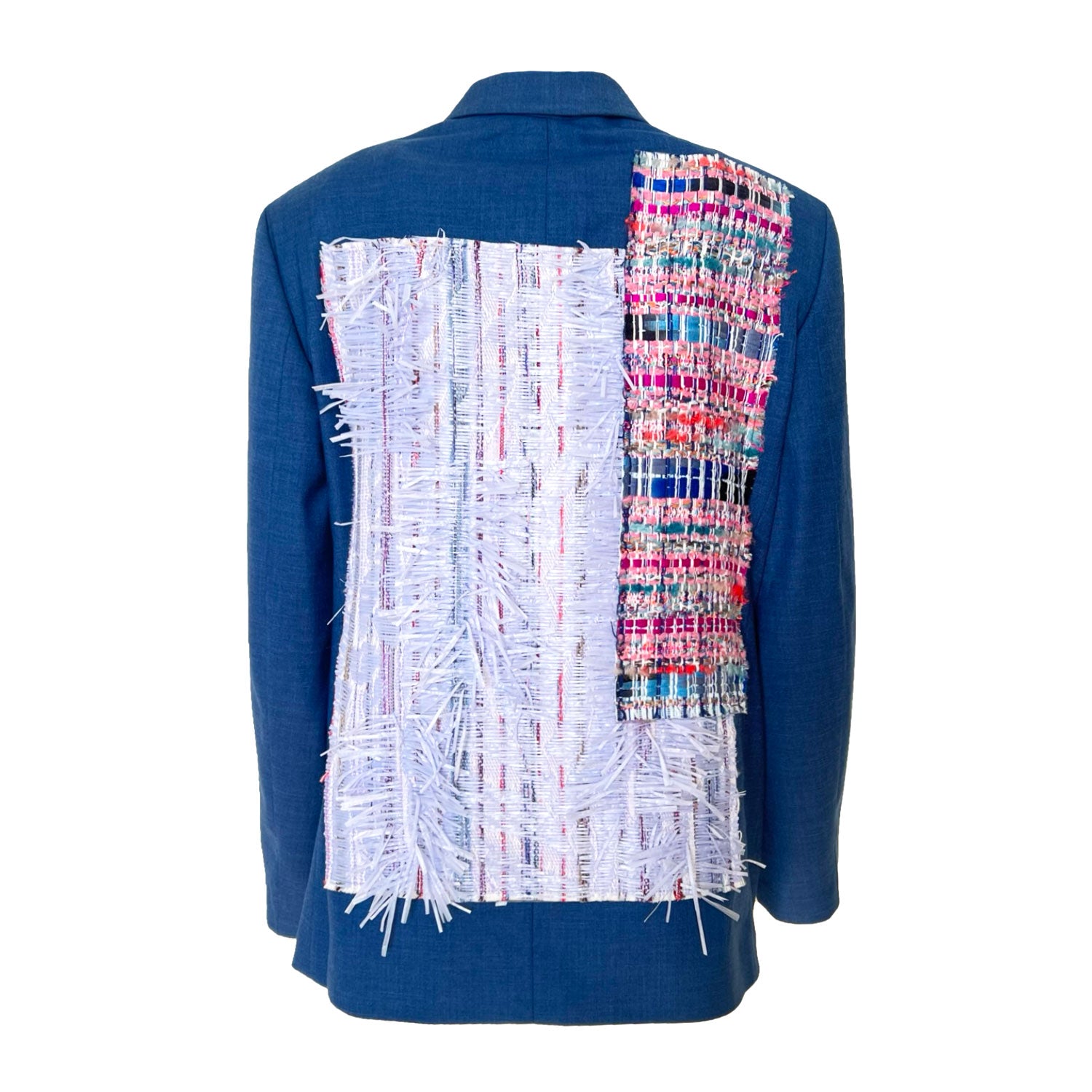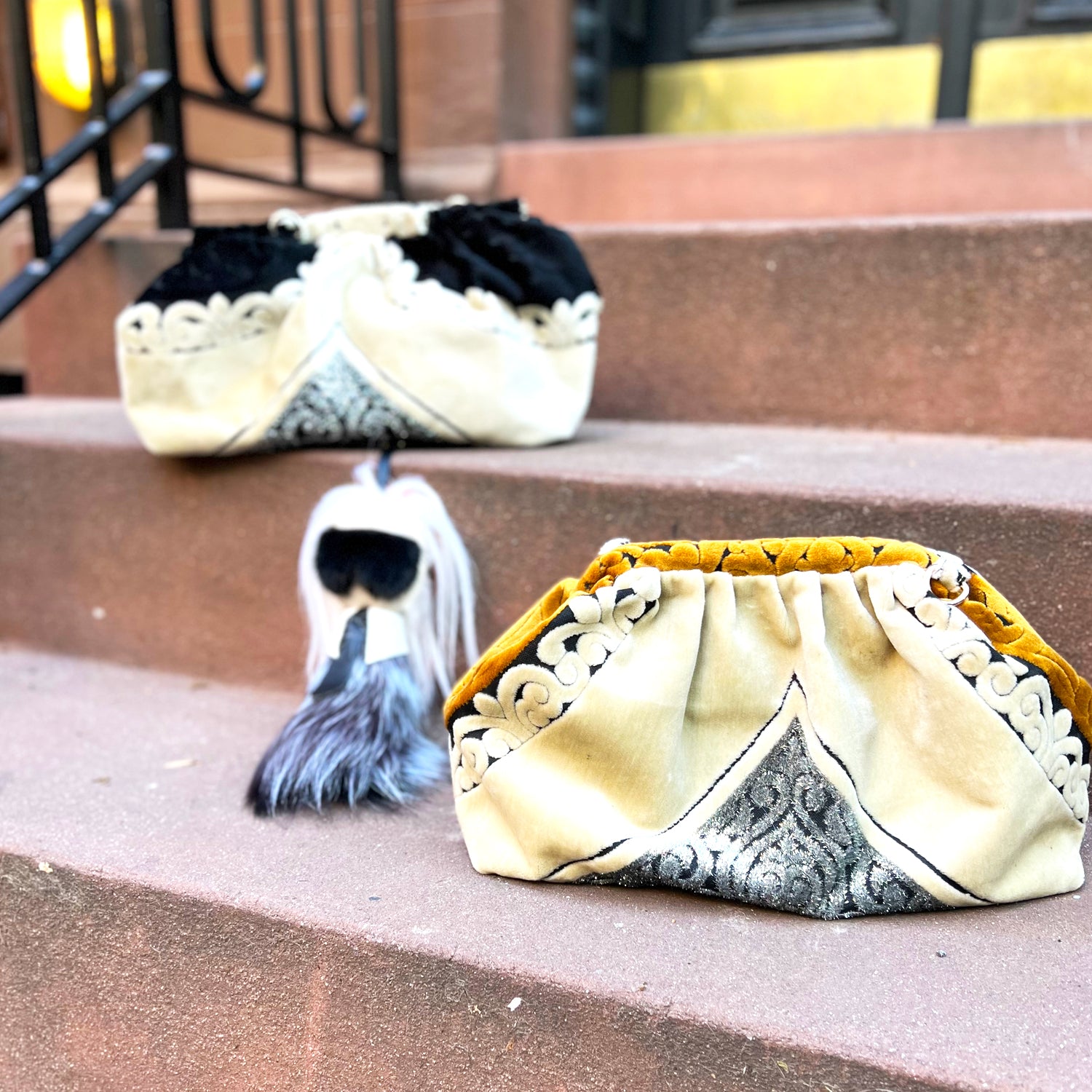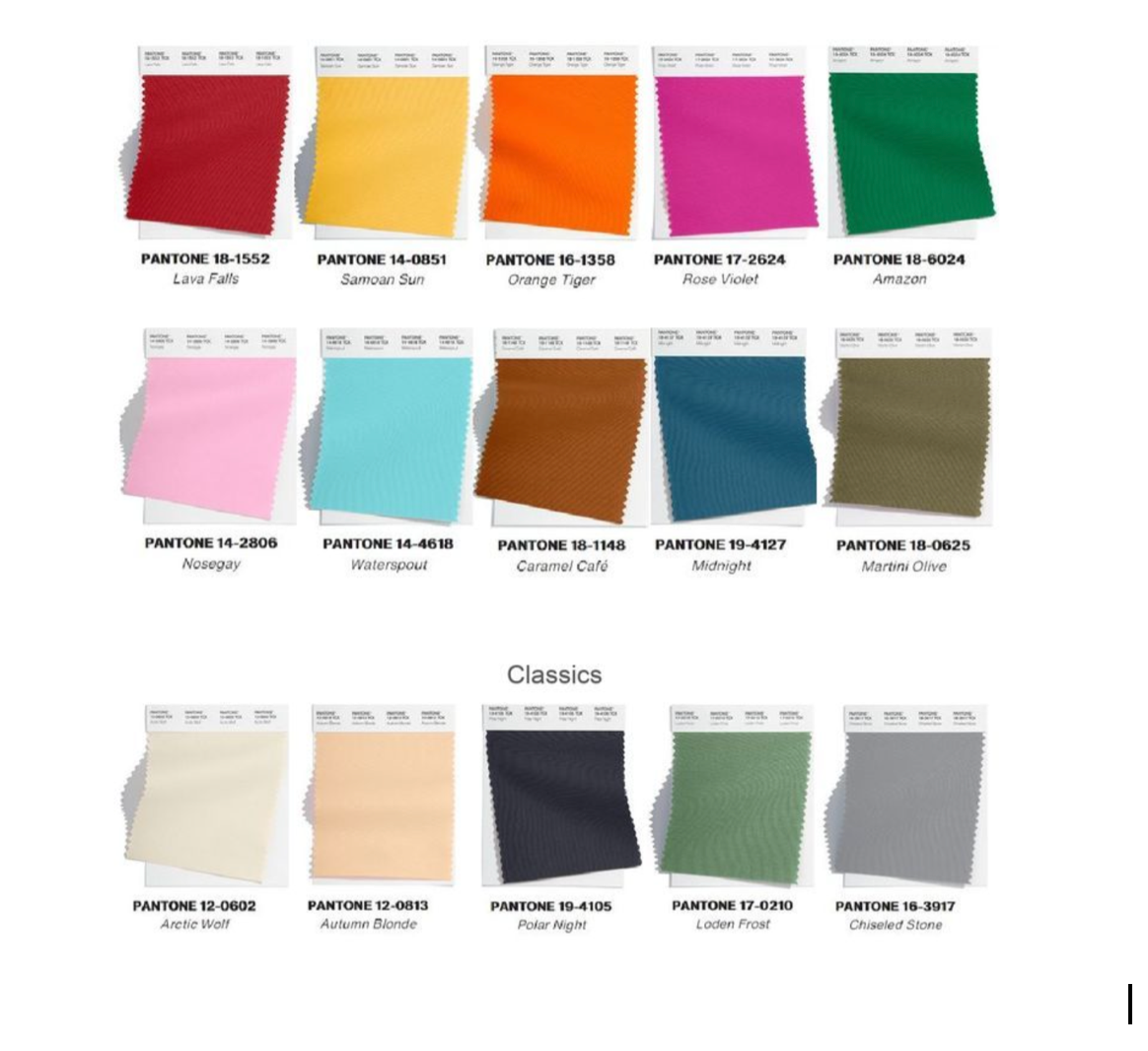#DONTBUYCOOLSHITMAKECOOLSHIT #NOWASTENOBULLSHIT #EASYBEINGGREEN
The sustainable movement is booming in the fashion industry and consumers are beginning to realize the disastrous impact fast fashion is having on the climate and the people who live on the planet. As a result, the garment industry is being examined under a microscope.
Today’s environmentally-conscious search for “green” products is growing more every season as younger consumers become more socially aware and eco-concerned.
While millennials and Gen Zers are increasingly making their buying decisions based on a brand's environmental impact, it can be difficult to be eco-centric on a limited budget. And the fast fashion industry is taking advantage of this fact, doing its best to pull “green wool” over their eyes.
Greenwashing Coloring Fashion
The constant conflict between quality, trends, and sustainability has led to a shift in the fashion industry known as greenwashing.
Greenwashing, a term coined by environmentalist Jay Westervelt in 1986, refers to misleading advertisements or false claims by companies claiming that their products are environmentally friendly when in reality, they are not.
In essence, greenwashing is about tricking people, playing
with their emotions, and appealing to the
eco-consciousness of today’s socially aware consumers—all in an effort to make more…. well, green.
In fashion, far too many brands claim to reduce their carbon footprint and environmental impact, while a large portion of their business operations remain detrimental to their workers and harmful to the planet.

Examples of Greenwashing
Making False Claims
Making any environmental-related claim without actually providing sufficient evidence is categorized as greenwashing. And a false claim doesn’t have to be 100% false to be greenwashing. When companies launch a “conscious collection” or an “eco-friendly line,” for example, more often than not, these collections represent a small portion of a brand’s total range of product offerings.
-
Claiming to hold a special certification such as fair trade or organic, when they are not.

Misleading labels
Using misleading labels with no inherent significance like 100% green or all-natural is another example of greenwashing and this practice is running rampant in the fashion industry.
Brands often claim to use sustainable fabrics by throwing out keywords and phrases like “vegan leather” and “natural cotton” in their marketing. But just because these words make a brand or item sound greener doesn’t mean they equate to sustainability.
Many vegan alternatives are made from synthetic plastic-derived materials that pollute the environment. Some brands will claim to use eco-vegan leather instead of toxic PVC made from petroleum. So, while it might be technically “vegan,” it’s certainly not sustainable.
Misleading Environmental Imageries
Using images of the earth and nature in advertising and other marketing materials to promote environmental efforts and a commitment to sustainable practices is another example of greenwashing. Photos of models in flowery meadows, lush rainforests, and majestic mountain tops are an attempt to associate clothing with feel-good ideas of protecting nature. This weak tactic is not just blatantly obvious but it’s very condescending, assuming consumers have a complete lack of knowledge or common sense.
The use of earthy tones and colors, especially greens and browns, has been used and abused all too frequently by the fashion industry. While at one time green packaging or labeling signified a product’s eco-friendliness, today it’s usually a dead giveaway that the opposite is true.
Hidden trade-offs
A hidden trade-off is when a brand asserts that a product or collection is eco-friendly based on a small set of attributes without taking the full impacts of production into consideration. Fast-fashion brands that claim to use partially recycled fabrics for their collections, and call them “eco-friendly,” when in reality these garments are produced in excessive quantities of fossil-fuel-powered factories and are designed to go out of season in just a few months is an example of a hidden trade-off, and that too is greenwashing.
Lesser of two evils
When a brand represents some eco-friendly products, but the whole product category is actually not, that's a tactic known as the “lesser of two evils." An example of this is a fast-fashion brand that insists its collection is eco-friendly but fails to acknowledge the poor working conditions in factories where these products are made.
While using more eco-friendly materials and dyes is certainly a step in the right direction, pushing for endless quantities, using cheaper materials, and boosting production speed is not planet-kind as these practices use too many resources, create excessive waste, encourage overconsumption, and lead to labor exploitation.
L2R Lets True Colors Shine
Maxi Skirt in Gold Floral Brocade by L2R the label is the perfect piece to let go, look fabulous, and show off your eco-conscious good taste.
Sustainable fashion must include more discussions about less. Any brand actually committed to sustainable fashion must focus on higher quality, longer-lasting materials, and fewer garments.
Making clothes from planet-friendly fabrics doesn’t help the environment if garments fall apart or go out of style after one season. Zero-waste brands that concentrate on upcycling fabrics and seconds are creating a new path towards sustainability and away from fast fashion’s anti-eco-consciousness.
Additionally, regardless of how ecologically responsible a brand’s practices might be, it cannot be considered sustainable if safe working conditions and fair living wages are not ensured.
The fashion industry has a great deal of influence and an enormous amount of power. Sustainability doesn’t have to be easy or instantaneous, but if we all educate ourselves and stop dressing up in the false cloak of greenwashing, fashion can become a source of transformation instead of deception.
New York-based fashion brand L2R is committed
to steering clear of greenwashing tactics and being a driving
force for change.
Using only ethically-sourced leftover textiles, discards, unused garments, and luxury scrap fabric in all of our creations and partnering with projects like Greenspark, an organization that’s preventing and sequestering carbon and plastics, we offer our clients a real path towards sustainability and the power to advance their values without compromising their personal style.
Dedicated to complete transparency, L2R is committed to keeping it honest.
Our labels tell the real story behind our brand, clearly revealing that our #ZEROWASTE, #NOWASTENOBULLSHIT philosophy isn’t just talk – because we’re an open-book brand, never deceiving or make-believing.
Never made from new materials, our eco-friendly packaging, hang tags, and labels are made with leftover threads and shreds of fabric. Any scraps that are unfit for use are donated to toymakers to use for stuffing.
We believe that when you are who you say you are and do what you say you do, there’s no need for greenwashing.









